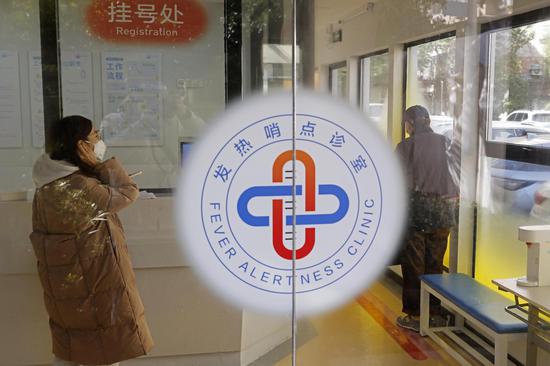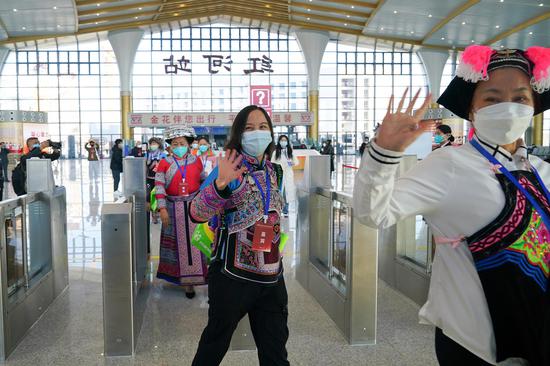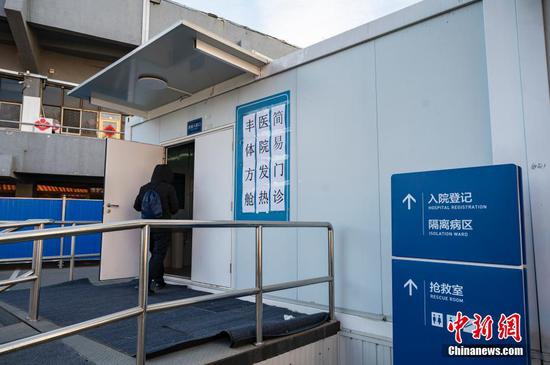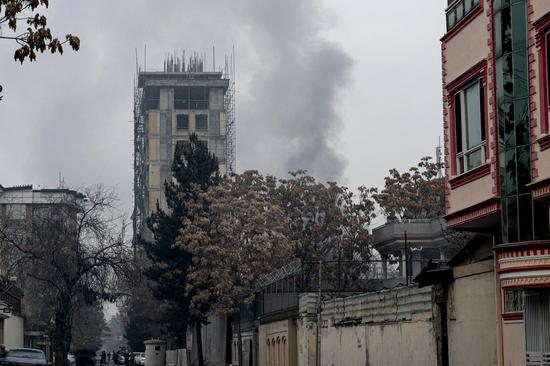Bivalent COVID-19 booster doses provided additional protection against COVID-19-associated emergency department or urgent care encounters and hospitalizations, according to a recent report of the U.S. Centers for Disease Control and Prevention (CDC).
The CDC recommended the use of bivalent mRNA COVID-19 booster doses in September, which contain Omicron BA.4 and BA.5 sublineage component to better protect from the newest strains.
Because of waning of monovalent vaccine-conferred immunity, effectiveness of bivalent vaccines was higher with increased time since the previous monovalent dose, according to the CDC.
Vaccine effectiveness of a bivalent booster dose after previous monovalent doses against COVID-19-associated hospitalizations was 57 percent compared with no vaccination, and 45 percent compared with previous monovalent dose vaccinated over 11 months earlier, CDC data showed.
Despite the promising numbers, vaccine uptake has been slim. Only 14 percent of eligible Americans ages 5 and older have received the Omicron-specific booster, according to a report of The Washington Post.
The CDC called on all people to stay up to date with recommended COVID-19 vaccinations, including receiving a bivalent booster dose if eligible.


















































 京公网安备 11010202009201号
京公网安备 11010202009201号